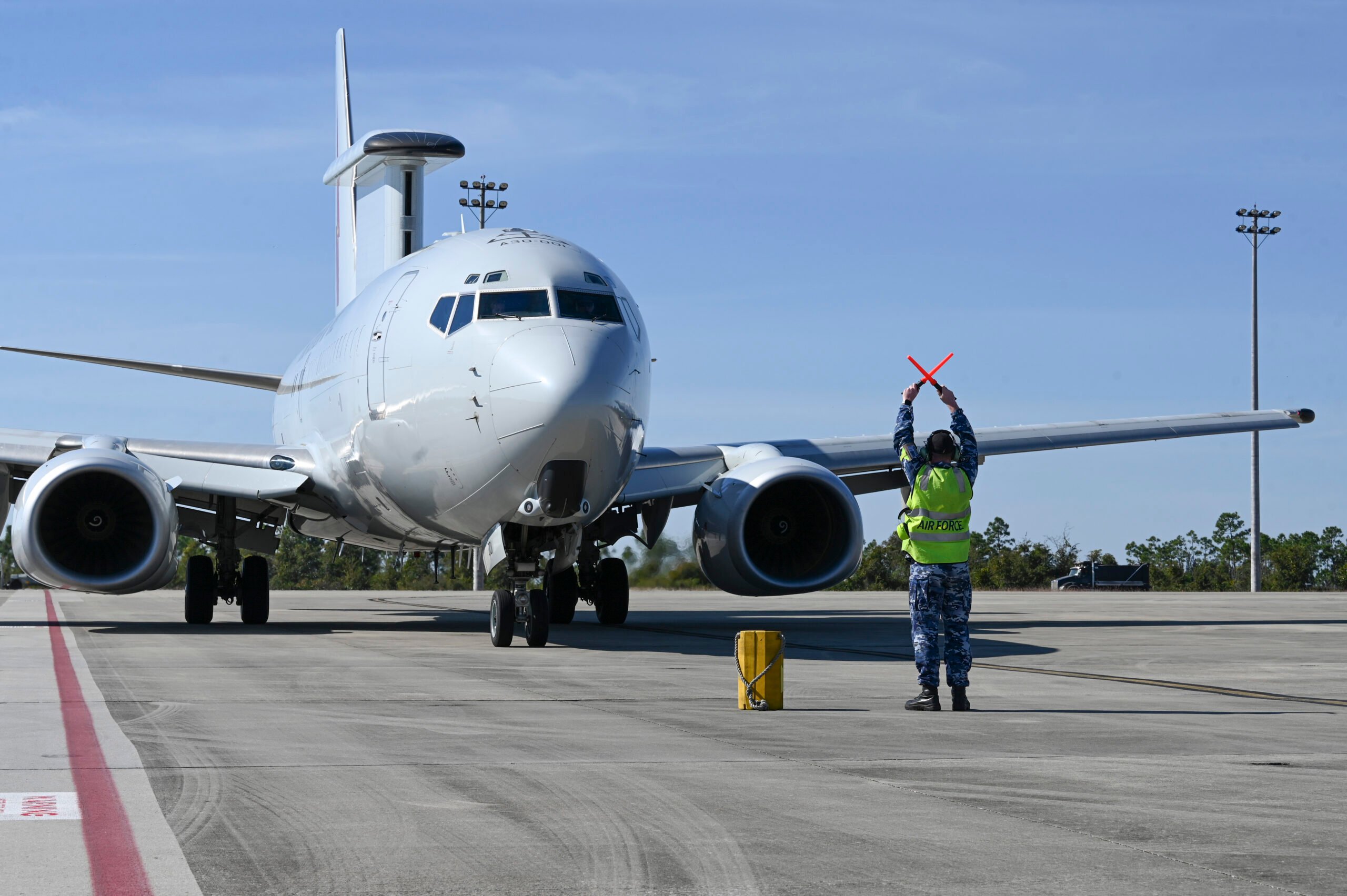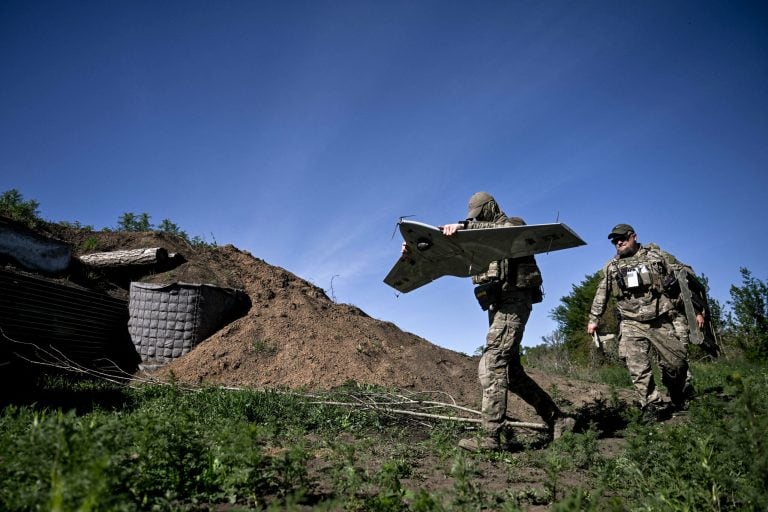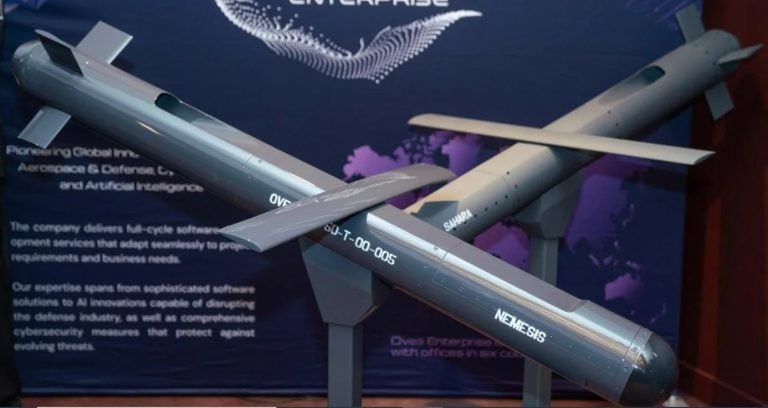The UK is embarking on a significant defense collaboration with the United States by constructing an early warning surveillance aircraft for the US Air Force, a move not seen in half a century. This partnership marks a notable shift in transatlantic defense relations, following a formal agreement between the UK and Boeing, the US aircraft manufacturer.
Under the terms of the contract, Boeing will convert two Boeing 737 airframes into E-7A Wedgetail prototypes for the US military. This initiative is poised to stimulate the British economy, with estimates suggesting an investment exceeding £36 million ($48 million).
This agreement also builds on the existing efforts of the Royal Air Force, which has already ordered three E-7 Wedgetail aircraft. These planes, set to be operational by 2026, will replace the retired fleet of E-3D Sentry planes, thus enhancing the UK’s airborne early warning capabilities.
However, challenges loom over the deal, specifically relating to the US government’s previous intentions to cancel its own E-7 Wedgetail program. This decision came amid a strategic pivot under former President Donald Trump’s administration, which emphasized space-based systems for aerial surveillance over traditional platforms. Consequently, there were concerns about whether Washington might move to halt the ongoing contractual efforts with Boeing.
Nevertheless, this has not gone unchecked. In response to these developments, US lawmakers are advocating for legislative measures to protect the E-7 program. A provision has been included in the draft defense authorization bill that would prevent the Pentagon from canceling its contract with Boeing or ceasing production of the aircraft. Following its passage in the House, the bill is now poised for consideration in the Senate.
UK Defense Secretary John Healey emphasized that the new agreement underscores a strengthened US-UK defense relationship. He highlighted the deal not only as a testament to Britain’s leading defense sector but also as an initiative that aligns with national strategies aimed at enhancing security and fostering economic growth.
This announcement coincides with the rollout of the UK’s Defense Industrial Strategy, which has earmarked £250 million ($336 million) for initiatives intended to boost defense sector growth across the nation.







